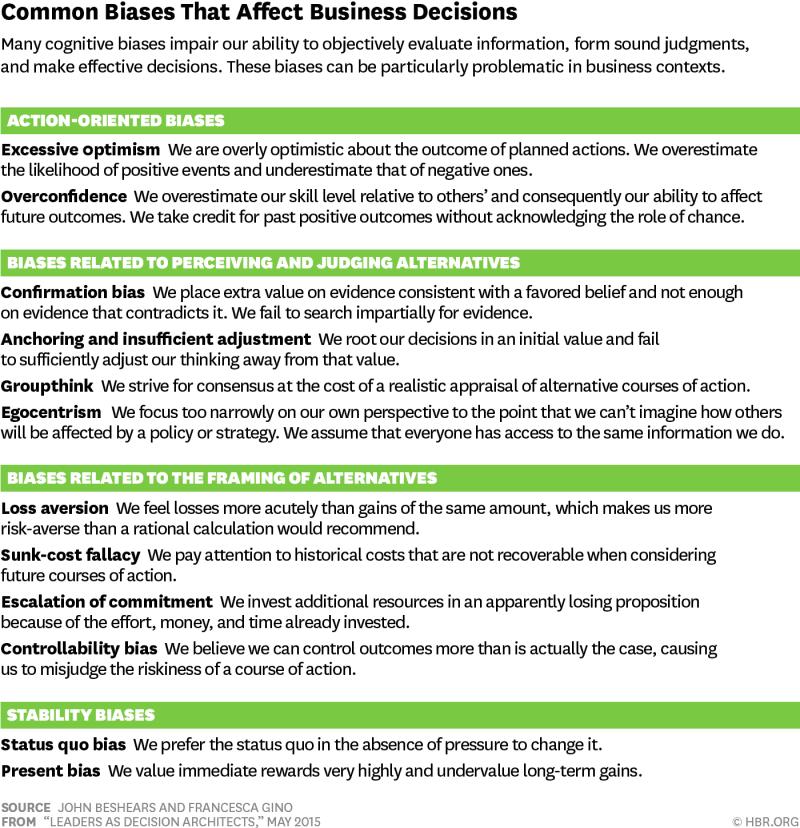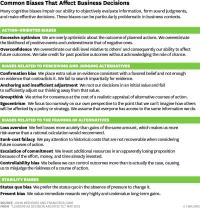What are personal decisions?
Personal decisions refer to choices made by individuals that impact their own lives, behaviors, and well-being. These decisions are often based on personal preferences, values, priorities, and goals. Personal decisions can encompass a wide range of aspects, including lifestyle, relationships, career, education, health, and more. Unlike decisions made in a professional or organizational context, personal decisions are typically driven by individual desires and considerations. Here are some examples of personal decisions:
Career Path:
- Choosing a career path, selecting a job, or deciding on a profession based on personal interests, skills, and aspirations.
Education:
- Deciding on educational pursuits, such as choosing a major, selecting a college or university, or pursuing further studies.
Relationships:
- Choosing a life partner, deciding to get married, starting a family, or ending a relationship based on personal values and emotions.
Lifestyle Choices:
- Making decisions about lifestyle, including diet, exercise, hobbies, and recreational activities.
Financial Management:
- Deciding on personal financial matters, such as budgeting, saving, investing, and making major purchases.
Healthcare:
- Making decisions related to health, including choosing healthcare providers, treatment options, and lifestyle changes for well-being.
Location and Housing:
- Choosing where to live, whether it's selecting a city or neighborhood, renting or buying a home, or making a move for personal reasons.
Personal Development:
- Deciding to invest in personal development, such as learning new skills, pursuing hobbies, or engaging in self-improvement activities.
Travel and Exploration:
- Deciding on travel destinations, planning trips, and exploring new places for personal enjoyment and enrichment.
Time Management:
- Prioritizing how time is spent, setting personal goals, and making choices about daily activities.
Recreation and Entertainment:
- Choosing recreational activities, hobbies, and forms of entertainment that bring joy and relaxation.
Spiritual and Philosophical Beliefs:
- Making decisions about one's spiritual or philosophical beliefs, including religious affiliations or personal philosophies.
Personal Style and Appearance:
- Deciding on personal style, fashion choices, grooming habits, and overall appearance.
Social Connections:
- Deciding how to nurture and manage social relationships, including friendships, social circles, and community involvement.
Parenthood:
- Deciding whether to have children, when to start a family, and how to approach parenthood.
Personal decisions are highly subjective and reflective of individual values, priorities, and circumstances. They shape the course of an individual's life and contribute to their overall sense of happiness, fulfillment, and well-being. While external factors and influences may play a role, personal decisions are ultimately guided by an individual's autonomy and agency.
Unveiling the Mystery: A Deep Dive into Personal Decision-Making
Choosing a path, making a change, deciding what's next – the landscape of personal decisions is vast and constantly shifting. It's a territory we navigate every day, yet its underlying complexities can feel obscure. Let's embark on a journey to explore the inner workings of this fascinating terrain, unpacking the factors that shape our choices and influence our journeys:
1. Unpacking Personal Decisions:
- From trivial to life-altering: Our decisions encompass a spectrum, from choosing what to eat for breakfast to charting a career course. Each holds significance, shaping our experiences and impacting the trajectory of our lives.
- Internal and external forces: Decisions are rarely made in a vacuum. We are driven by internal factors like emotions, values, and beliefs, as well as external influences like social pressures, cultural norms, and available opportunities.
- A process, not a moment: Decision-making is not a single point in time, but a dynamic process. It involves weighing options, anticipating consequences, and adapting to changing circumstances.
Defining the Landscape of Personal Decision-Making:
- Rational vs. Emotional: Two primary modes guide our choices – the rational, analytical approach that weighs pros and cons, and the emotional, intuitive way that relies on gut feelings and desires.
- Cognitive biases: Our reasoning can be swayed by unconscious biases, leading to choices that might not be objectively optimal. Understanding these biases can help us make more informed decisions.
- The role of self-awareness: Knowing our values, strengths, and limitations empowers us to make choices aligned with our authentic selves and long-term goals.
Influential Factors in Shaping Personal Choices and Decisions:
- Values and beliefs: Our core values form a compass, guiding our choices towards experiences that align with what we deem important and meaningful.
- Personal experiences: Past experiences, successes, and failures shape our perspectives and influence our risk tolerance and comfort zones in making decisions.
- Social influences: Family, friends, and the broader community play a significant role in shaping our aspirations, expectations, and societal pressures that can impact our choices.
- External factors: Economic realities, job markets, and global events can present limitations and opportunities, influencing the range of options available to us.
Understanding the intricate interplay of these factors empowers us to become more conscious decision-makers. By reflecting on our values, acknowledging biases, and seeking diverse perspectives, we can navigate the landscape of personal choices with greater clarity, confidence, and ultimately, fulfillment.
Remember, the journey of decision-making is a continuous exploration. As we evolve, so too do the factors that influence our choices. Embrace the dynamism, learn from past experiences, and trust your intuition to guide you towards a path that feels authentic and true to your evolving self.


